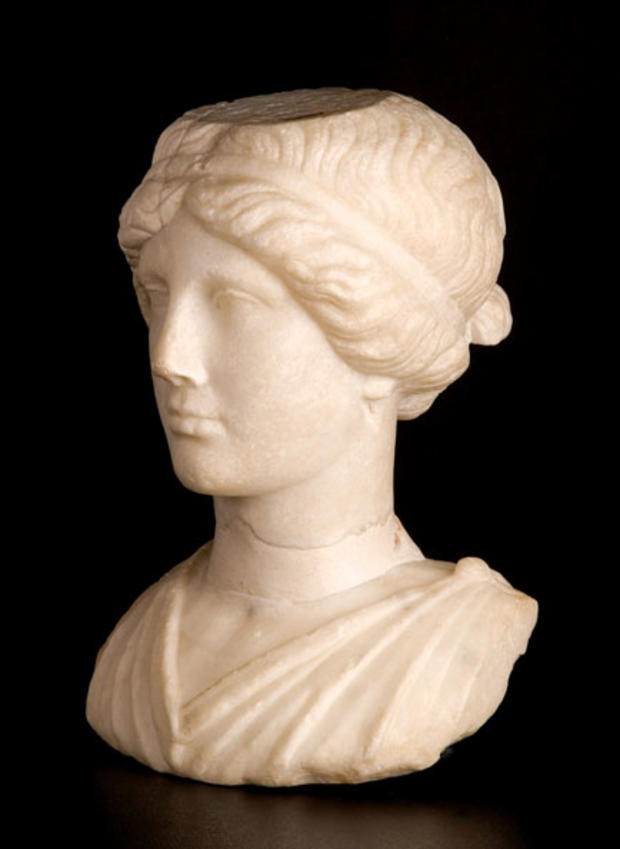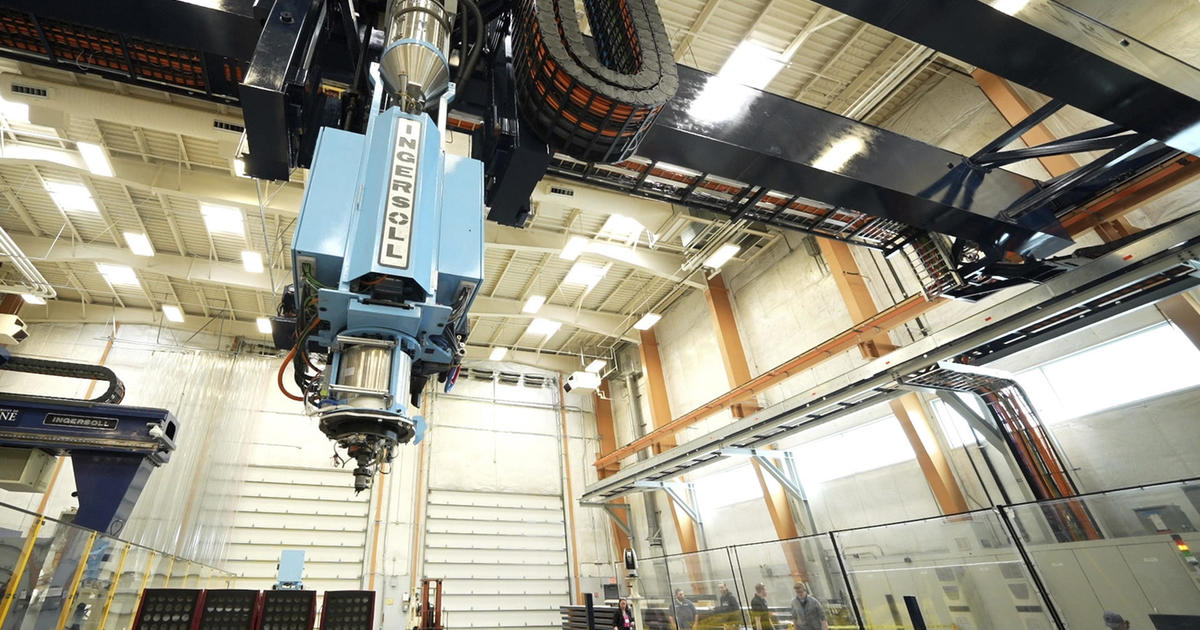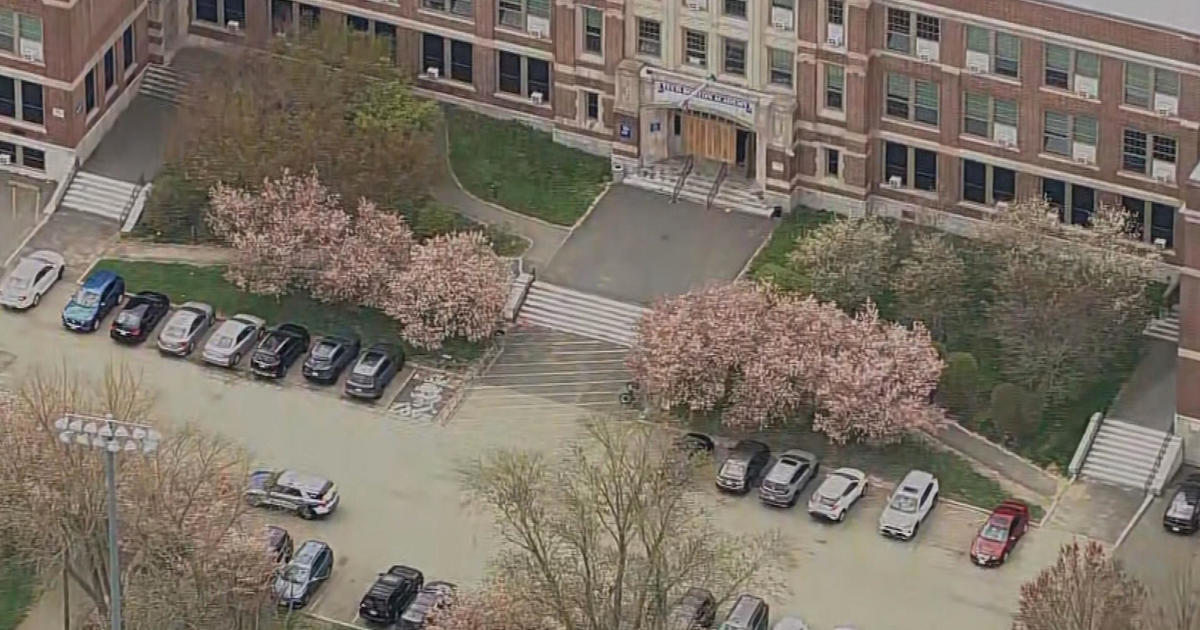Spend A Day In Pompeii
In the year 79, residents of Pompeii were going about their day when Mount Vesuvius erupted, coating the town with lava and ash and preserving the city forever. Get a glimpse into ancient Roman life with an exhibit at the Museum of Science, A Day in Pompeii, which runs through February 12.
"There was an original Pompeii exhibit that toured science centers about five years ago, but we didn't become a partner in that," says Paul Fontaine, vice president of education at the museum. "We found three other museums who were interested in bringing the same topic to their visitors. So we worked together with the archaeology site in Pompeii, museums in Naples, and some of the original tour sites to pull together a four-city tour featuring artifacts and multimedia."
The exhibit features more than 250 artifacts, from jewelry to cooking utensils, as well as body casts that show the positions people were in when ash poured into Pompeii.
"There are beautiful objects that signify that era of Roman history, like jewelry and frescoes," Fontaine says. "Then there are objects you can relate to immediately. You don't need a wall label to know that this is a setting for dinner, these are board games and dice, these are helmets and armor."
Being a science museum, there's a focus on the archaeology and geology related to Pompeii. Activities explore plate tectonics, volcanoes, and technology, like how the citizens built aqueducts to bring water to the city.
"Using the tools of archaeology and geology, people are able to go back 2,000 years and see how humans lived," he says. "They can see the similarities to their own lives—work, commerce, food, fun. I hope people have a better understanding of how the human and natural worlds interact. People were living on an active volcano and if they had a better understanding of the earth they might have been able to preclude disaster."
Fontaine calls Pompeii "a time machine."
"Pompeii is the largest ancient civilization ever to be captured as a snapshot in time," Fontaine says. "With other civilizations you can return to the ruins and try to picture yourself there, but this city was preserved in one day and you can go to the actual city and walk in the streets. It's amazing. The story it tells is an apocalyptic day when time ended for an entire region of ancient Rome. I think people can relate to that on a human level."
Fontaine says the show explores how advanced the Romans really were.
"We see their technological and engineering advances," he says. "The city had flush toilets and hot water in the baths and there were physicians there doing surgery. They had a very sophisticated technological base in their city. They were a lot like us, but 2,000 years ago."
A Day in Pompeii
Through February 12
Museum of Science
1 Science Park
Boston, MA
(617) 723-2500
Exhibit Hall Hours: Sat – Thurs 9 am – 5 pm; Fri 9 am – 9pm
Directory Listing | Website




